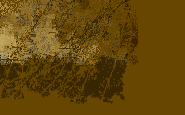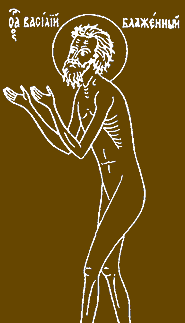Holy Fools in Literature and
Culture, Part 1
5 Wednesdays
October 4-November 1 2016
1-3 pm
Can a saint be subversive? Why
were Jewish prophets despised? Can folly be saintly? This course will approach
these riddles through the analysis of a variety of texts ranging from the Old
and New Testament books to hagiographies, literary works and philosophical
treatises. Unorthodox sanctity, marginal spiritualities and especially holy
foolishness, or foolishness for Christ`s sake—a peculiar form of Christian
asceticism, prophetism and divination—will be at the focus of our attention. We
will examine different types of holy foolishness in Early, Eastern and Western
Christianity as well as its cultural analogues in other world traditions to
establish their cultural bearings. Concepts under discussion will include
orthodoxy and heresy, canon and deviance, as well as what Michel Foucault aptly
called “the technologies of the Self.” Our focus will be on cultural
developments and beliefs, which informed and eventually brought to prominence a
mysterious and baffling phenomenon of Eastern Orthodox foolishness for Christ.
Among the course readings will be accounts about holy fools and unconventional
Christian saints from Byzantium (including Syria and Egypt) to Eastern Slavdom
and Western Europe as well as literary
pieces and elaborations bridging Late Antiquity, Middle Ages and Modernity. Our
authors will include Late Antique representatives such as Palladius, Evagrius,
Nicephorus as well as XIX and XX-century writers such as Dostoevsky, Tolstoy,
Vasilenko and Venedikt Erofeev.







